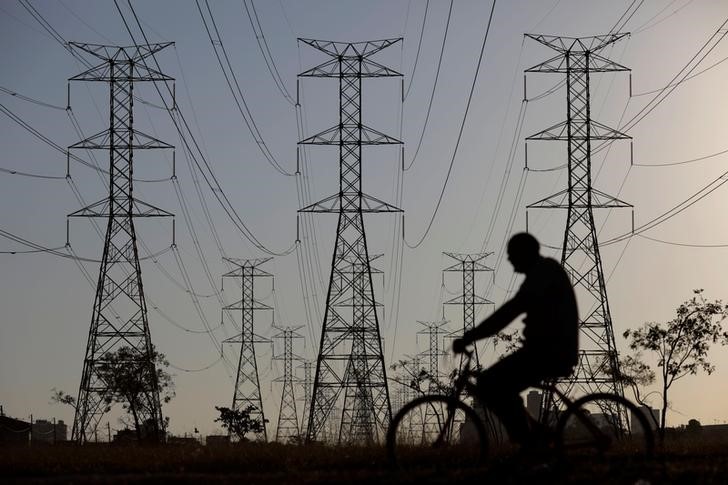Proactive Investors - Many UK homeowners will see monthly spending on their mortgage surge from around 20% of their income to nearer 30% when their fixed-rate mortgages come to an end later this year and in 2024, the boss of Barclays (LON:BARC) has warned.
CS Venkatakrishnan, known as Venkat, described this as a "huge income shock" that has already been having an effect on consumption, with effects also visible in the housing market.
The average British family with the typical two-year fixed-rate mortgage have paid around 20% as their mortgage or rental payments in the ’90s to 2020, the Barclays boss said in an interview at the Wall Street Journal’s CEO Council Summit.
As the Bank of England has lifted interest rates from near zero at the end of 2021 via a series of hikes last year and in recent months to 4.5% at its May meeting.
Households will begin to feel the impact of higher rates when their current deal expires, he said, which will affects consumer consumption.
The new mortgage deal at higher rates “is going to be about 28% to 30% of their income. So there is a huge income shock," he said.
A slowdown in consumption has already been felt and people have been paying down debt on credit cards, he said, with Barclays customers' credit card balances having also dropped by “about 40%, pre-pandemic to now”.
As for the effects for banks, he said: “What you are not seeing yet, except at the very fringes, is credit distress."
Analysts say that banks are currently seeing pressure on their net interest margins from residential mortgage spreads – the difference between mortgage and swap rates – on new products being below the spread of mortgages that are about to mature.
This is expected to reduce between now and the third quarter of 2024 as higher-spread five-year fixed mortgages written in 2020 start to roll off
